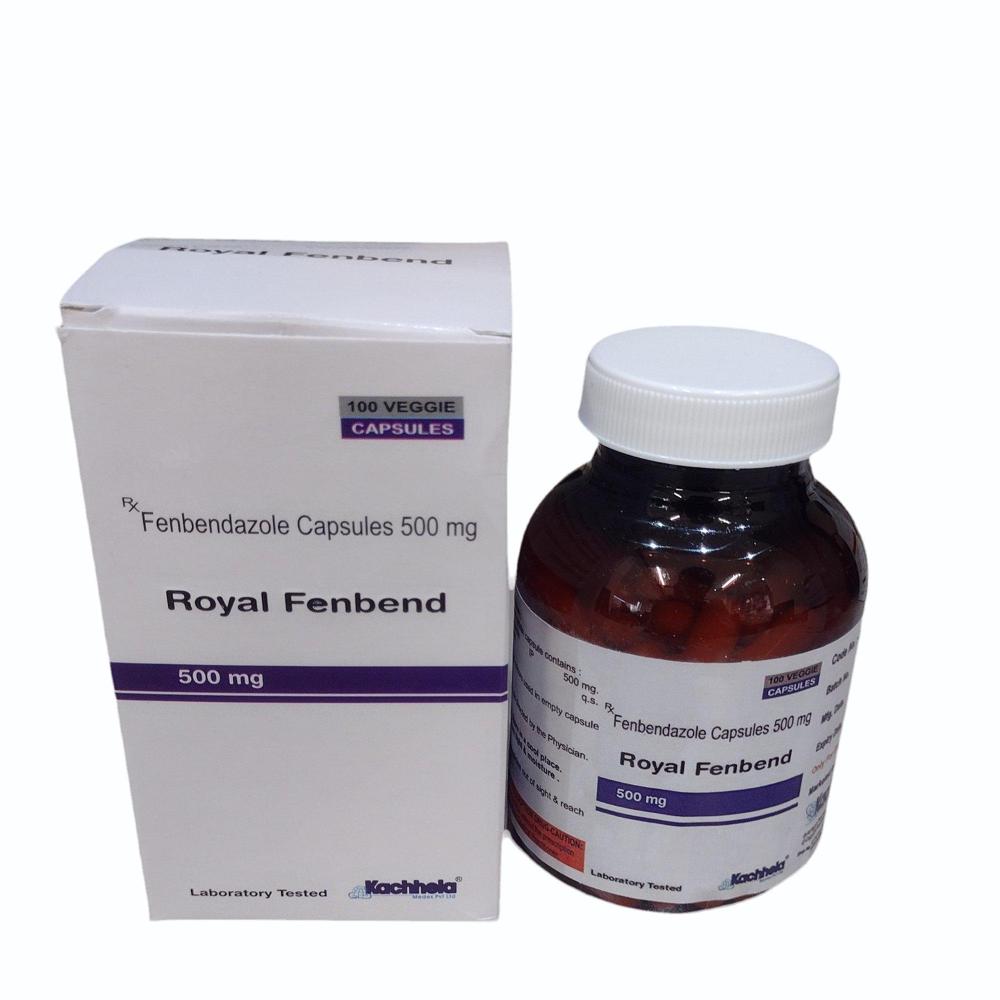fenbendazole: Everything You Should Know for Livestock Care
Wiki Article
Comprehending the Benefits and Uses of Fenbendazole in Vet Medicine
Fenbendazole has developed itself as a vital anthelmintic in veterinary medicine. Its capability to target various parasitical infections makes it a useful tool for vets. The drug's device interrupts important mobile processes in parasites, bring about effective therapy outcomes. Nonetheless, its security profile ranges species, requiring careful factor to consider in its use. Recognizing these dynamics can clarify fenbendazole's broader effects in vet treatment and ongoing research into its possible beyond standard applicationsDevice of Action of Fenbendazole

Common Parasitical Infections Dealt With With Fenbendazole
A variety of parasitic infections are effectively treated with fenbendazole, making it a functional choice in veterinary medicine. This anthelmintic representative is particularly effective versus nematodes, including roundworms and hookworms, which typically impact dogs and cats. It is additionally used for the treatment of cestodes, such as tapeworms, offering a broad spectrum of action against both kinds of digestive tract parasites. Furthermore, fenbendazole is valuable in taking care of infections brought on by protozoa, especially Giardia, which can cause gastrointestinal distress in animals. Its effectiveness reaches treating specific lungworms in dogs and felines, attending to respiratory system health and wellness problems connected to these parasites. Overall, fenbendazole's capacity to target numerous parasitic species makes it a useful tool in veterinary method, making certain the health and wellness of family pets affected by these typical infections.Safety and Efficiency in Different Animal Variety
The safety and efficacy of fenbendazole vary among different animal species, highlighting the importance of species-specific considerations in vet medicine. In dogs, fenbendazole is typically well-tolerated and effective against a range of intestinal parasites, including roundworms and hookworms. For felines, however, its use is less typical and may need mindful useful content application because of possible adverse reactions.In animals, such as cattle and sheep, fenbendazole demonstrates effectiveness against numerous endoparasites, adding to boosted health and productivity. However, the pharmacokinetics and potential negative effects can differ significantly between types, demanding cautious examination by veterinarians.
Equines also react favorably to fenbendazole, especially for dealing with strongyles and ascarids, though dose and management courses have to be tailored to their distinct physiology. Comprehending these distinctions is vital for maximizing treatment end results and making certain pet well-being across diverse types.
Management and Dose Guidelines
Proper management and dose guidelines are crucial for making best use of the restorative effects of fenbendazole while minimizing prospective side results. The dosage commonly differs depending on the species being treated, the certain condition, and the formula of fenbendazole made use of. 222 mg. For pet dogs and cats, a typical dose is 50 mg/kg body weight, administered daily for 3 consecutive days, however vets might change this based upon private health and wellness analysesIt is essential to administer fenbendazole with food to boost absorption and minimize gastrointestinal upset. The medication is readily available in numerous forms, including granules and paste, permitting versatile administration choices. Keeping an eye on the animal's reaction during and after therapy is advisable to confirm effectiveness and safety and security. Furthermore, veterinary guidance is essential to determine the suitable period of treatment based upon the kind of parasitical infection being addressed, ensuring ideal outcomes for the animal's health.
Future Viewpoints and Research Study on Fenbendazole
Research on fenbendazole continues to progress, concentrating on its possible applications past typical antiparasitic uses. Current researches have actually explored its efficiency in treating various types of cancer, particularly in veterinary oncology. Preliminary information suggest that fenbendazole might prevent the growth of tumor cells and improve the impacts of various other chemotherapeutic agents.Researchers are examining its duty in managing stomach disorders in pets, highlighting its anti-inflammatory properties. The flexibility of fenbendazole for various types raises concerns concerning its security accounts and optimal application routines in diverse populations.
As passion grows, there is a demand for complete clinical tests to develop evidence-based standards for these unique applications. Future study may likewise find more information investigate the systems behind fenbendazole's results, potentially leading the way for cutting-edge therapeutic methods in vet medication. The ongoing exploration of fenbendazole can significantly improve treatment alternatives for numerous vet problems.

Frequently Asked Inquiries
Is Fenbendazole Safe for Pregnant Animals?
The security of fenbendazole for expectant pets stays unsure. While some studies suggest marginal danger, vets normally recommend caution and often encourage versus its use during maternity unless the advantages clearly surpass potential dangers.Can Fenbendazole Be Made Use Of in Animals?
Fenbendazole is typically used in click here for more animals to deal with various parasitic infections. fenbendazole 222. Its effectiveness versus stomach worms makes it a beneficial anthelmintic, adding to enhanced health and wellness and productivity in animals elevated for food and fiberWhat Are the Side Impacts of Fenbendazole?

The negative effects of fenbendazole might include gastrointestinal disruptions, sleepiness, and allergic responses. In uncommon instances, a lot more severe responses might occur, requiring careful surveillance and assessment with a veterinarian throughout treatment.
Just How Does Fenbendazole Contrast to Other Dewormers?
Fenbendazole offers broad-spectrum effectiveness against numerous parasites, commonly comparing positively to other dewormers. Its special system targets different life stages, making it effective, while typically providing a positive security profile compared to options available on the market.Can Fenbendazole Be Used for Dealing With Cancer Cells in Pet Dogs?
The possibility of fenbendazole in dealing with cancer in animals has garnered passion. Initial researches recommend it might hinder cancer cell growth, yet further research study is essential to confirm its effectiveness and safety in veterinary oncology.Report this wiki page